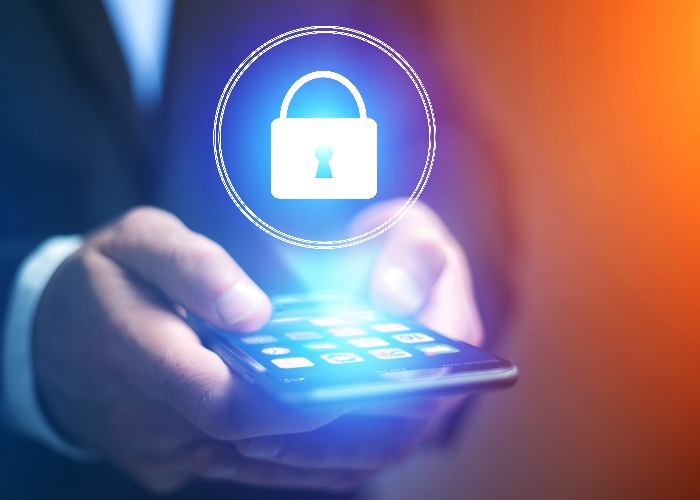How to use mobile apps safely

Banks are warning customers to be careful about what information they hand over to mobile budgeting apps. Here are five tips to using mobile apps safely.
Many of us use a variety of different apps on our smartphones in day-to-day life. But, when did you last consider how much personal data you were allowing these apps to access?
You could be compromising your financial, and even your personal, safety when you innocently open an app. Here’s what you need to know to stay safe.
Don’t hand over your log-in info
Banks are warning their customers not to hand over private information when using a mobile budgeting app due to fears people are giving strangers full access to their bank accounts.
Budgeting apps offer to help you monitor your spending and, in turn, by linking to your bank account to analyse where your money goes. But, in order to do this many apps – including Chip, Cleo, Moneybox, Money Dashboard and OnTrees – ask you for your full log-in details for online banking.
The problem is these apps may not have the same level of security as the banks themselves.
As a result, NatWest, Halifax, Lloyds and Nationwide have warned customers that they would be breaking their security rules if they give out their online banking details to mobile apps. This means you would not necessarily get a refund if your account was breached and robbed.
Only download reputable apps
Download a dodgy mobile app and you could give someone access to the information held on your mobile phone and the ability to make calls and incur charges on your bill.
Avoid this problem by only downloading apps from official stores such as Apple’s App Store or Google Play.
Keep an eye on your permissions
When you download an app, it may ask you if it can access other apps, systems or data on your phone.
Make sure you carefully read what access an app is asking you for before you say yes. Most will only ask for permissions it needs to run successfully but make sure you are comfortable with the request before you say yes.
For example, some apps may ask to know your ‘current location’, which you may not feel is necessary. Also, check whether it will be accessing that info all the time, or just when you are using the app.
Stay secure
If you are using apps that require you to enter sensitive information, or that store financial details make sure your phone’s password feature is switched on so that no-one can pick up your phone and access your personal data.
Also, if you are using banking apps make sure you log out of them at the end of your session.
Have a clear out
You may regularly download apps that you only use once or twice – to hail the occasional cab, or pay a restaurant bill – but these apps may then sit on your phone holding financial information.
Reduce the risk of someone being able to spend your money if they got hold of your phone by regularly deleting apps that you don’t need. It will also help improve your phone’s performance as many apps run in the background slowing your phone down.
Up next:
The UK's worst mobile phone provider
How to cancel a UK mobile phone contract and switch providers
Comments
Be the first to comment
Do you want to comment on this article? You need to be signed in for this feature